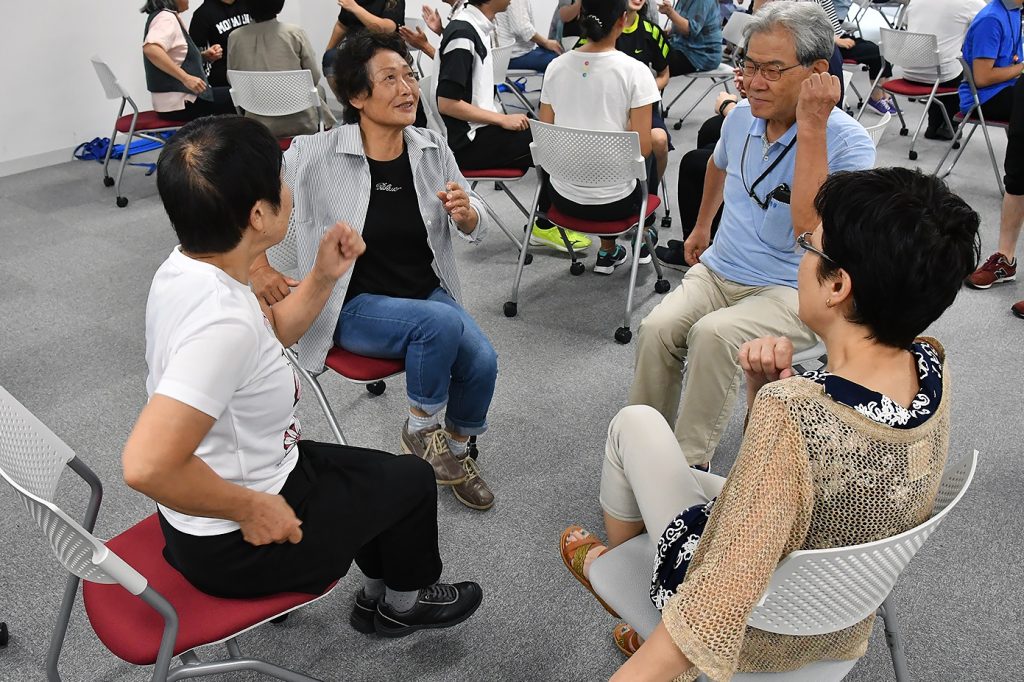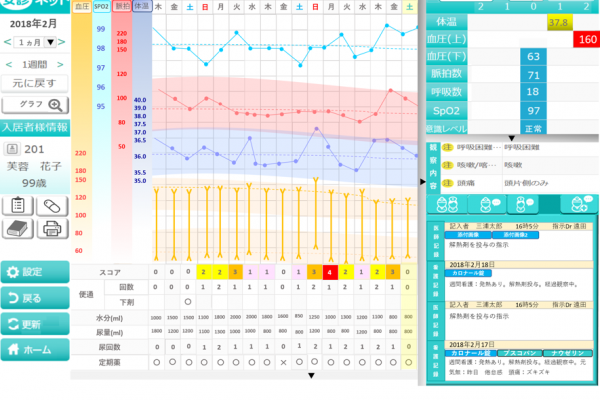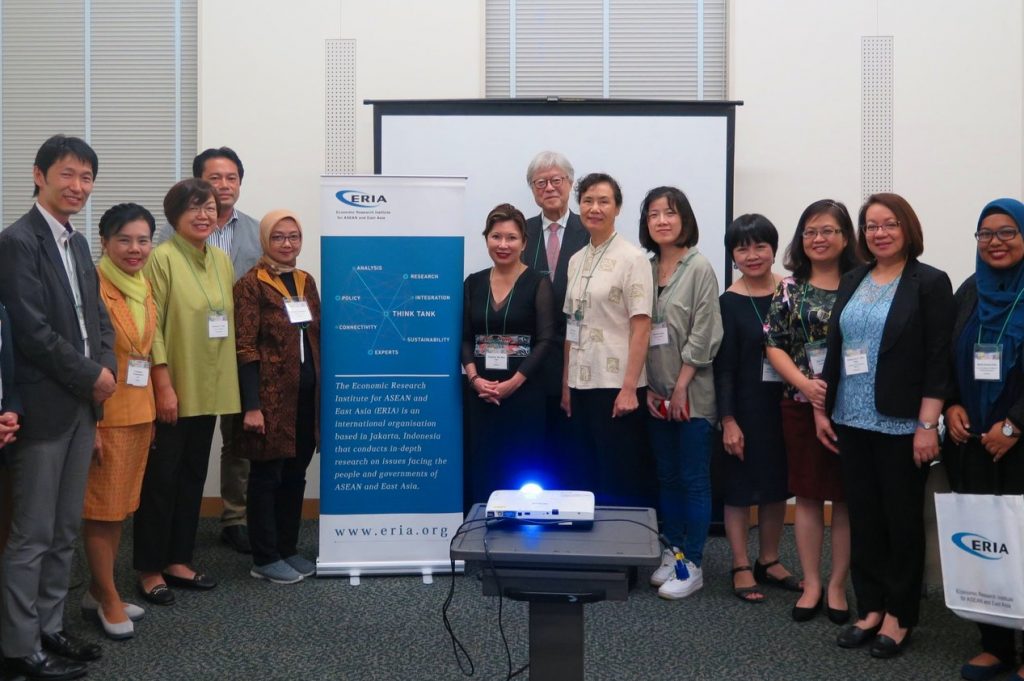A Community-Based Approach Combining Physical and Mental Exercise to Prevent Dementia

The number of people with dementia in Japan is rapidly increasing as the country’s senior population grows. In 2012, Japan’s National Center for Geriatrics and Gerontology (NCGG) began developing and testing a program called “cognicise,” which combines physical and mental exercise, to prevent the decline of cognitive functions.
Using ICT for Early Detection of Health Abnormalities

AnshinNet is an ICT (Information and Communications Technology) tool that allows caregivers to quickly detect health irregularities in seniors. It is a health management system that focuses on the vital statistics that caregivers monitor daily, helping them find any shifts at an early stage.
Preparation for an Aging Society in Thailand

To address Thailand’s rapid aging, the Center of Excellence for Ageing Business and Care Development at Thammasat University will undertake a broad research program to examine the history of Thai policies on population aging, develop policy recommendations on the elderly in the informal sector, analyze consumption behavior among the elderly to improve their financial choices, and examine trends in the aging-related market and innovations that will allow older citizens to enjoy healthy aging and contribute to the economy longer.
Sessions on Long-Term Care Policies, Systems, Practices, and Workforce Sustainability at the 2018 World Social Science Forum

Under the auspices of AHWIN, the Economic Research Institute for ASEAN and East Asia (ERIA) partnered with Nihon University (NU) to organize two sessions at the 4th World Social Science Forum (WSSF) 2018 in Fukuoka, Japan. Panelists discussed the policy response in their respective countries to increasing long-term care needs in light of an aging population, institutional structures of care service provision systems, and policy considerations in the use of family-public-market resources.
Outcomes of Long-Term Care Insurance Services in Japan: Evidence from National Long-Term Care Insurance Claim Data

The goal of this study is to clarify the structural and procedural factors associated with the sustainment or improvement of residents’ care-need levels in long-term care facilities. Residents in long-term care facilities, day-service users, and day-care users will be included in this research. Statistical analyses will be carried out by combining national long-term care insurance claim data, vital statistics data, and a survey of institutions and establishments for long-term care.
Longitudinal Survey of Aging and Health in ASEAN Countries

Mankind has achieved a remarkable level of longevity, and as a result, the number of senior citizens in societies around the globe will grow in the near future. But can we call it “success” if longevity leads to restraints on the vibrancy or vitality of humanity? This longitudinal study traces 12,000 seniors in the Philippines and Vietnam who are aged 60 years or older for a number of years to analyze the factors that contribute to a longer healthy life.
The Skill Circulation of Oral Care and Swallowing Function Rehabilitation: Developing a Career Path for Returned Healthcare Migrants from Japan to Asian Countries

The circulation of the long-term care workforce is recognized as one of the most important topics under the framework of the Asia Health and Wellbeing Initiative (AHWIN). This project seeks to develop a training program for oral care and swallowing function rehabilitation that can be used by trainees heading to Japan as predeparture training and that can also contribute to educating health care workers in the sending countries.
Development of New Japanese Proficiency Test Focusing on Japanese Communication in Carework

Japan’s Technical Intern Training Program has recently been amended to include trainees in the field of elderly care. The aim of this shift is both to ease Japan’s care worker shortage, but also to transfer care skills and knowledge from Japan to the trainees’ home countries, which are mainly Asian countries. But to meet those goals, trainees must have sufficient Japanese language skills. This study will seek to develop criteria for Japanese language proficiency testing that is specifically designed for care workers.
Human Resources for Health and Elderly Care in Asia

As Asian societies experience increased aging, the flow of nurses and care workers between countries will become increasingly necessary to meet the demand in advanced aging countries. This research project examines the case of Filipino, Indonesian, and Indian nurses and care workers who are working overseas to better understand the flow of human resources in the nursing and elderly care sector.
Demand and Supply of Long-Term Care for Older Persons in Asia

The government of Japan’s framework to accept more caregivers from Southeast Asia as technical intern trainees assumes that Japan lacks the necessary care workforce while the economies of Southeast Asia have workforce redundancies, but there is currently little data to back that assumption. This research will produce estimates of the supply and demand for long-term care personnel in each economy, which will facilitate policymaking on the international circulation of the care workforce and improvements to the elderly care system.

